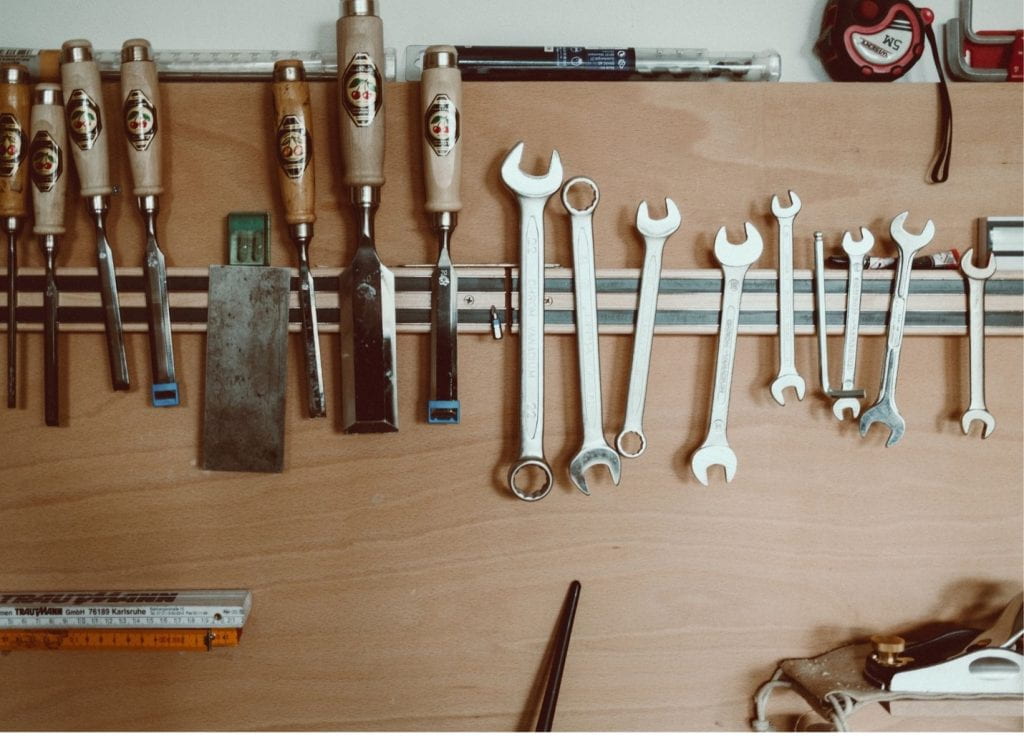
One of the best pieces of advice I got when I first got married was: “Treat socks as disposable.”
This advice worked well for years for me. I did not get upset when our socks wore out or got lost and it gave me permission to purge orphaned socks on a regular basis.
Then my youngest daughter became obsessed with high quality socks and the obsession spread to the rest of the family. I am now willing to spend more for a good pair of socks than almost any other article of clothing. This is because I am extremely frugal and buy most of my clothes at consignment shops or on clearance.
As the cost of our socks increased, I became less willing to treat them as disposable and became frustrated when expensive socks would wear out quickly or get lost. I have had a couple pair of Darn Tough socks that are over a decade old that I wear several times a week. And Darn Tough offers a life-time warranty on their socks. Now, I only buy Darn Tough socks.
This was a complete shift from how I thought about socks. I am willing to pay a lot of money for comfortable, long-lasting socks.
As our socks have become more permanent, I am now faced with the dilemma of what to do when a single sock goes missing. I just realized that I could easily get rid of my frustration if I gave up on the idea that our socks need to match.
When our attitude about something changes, a behavioral shift is imminent. It’s harder to “live and let go” when you are putting more time, effort or money into something. Rather than dwelling on a problem you can’t fix (like finding a missing sock), get creative with how you face the dilemma and allow yourself grace in the process.
How do you think about socks?








